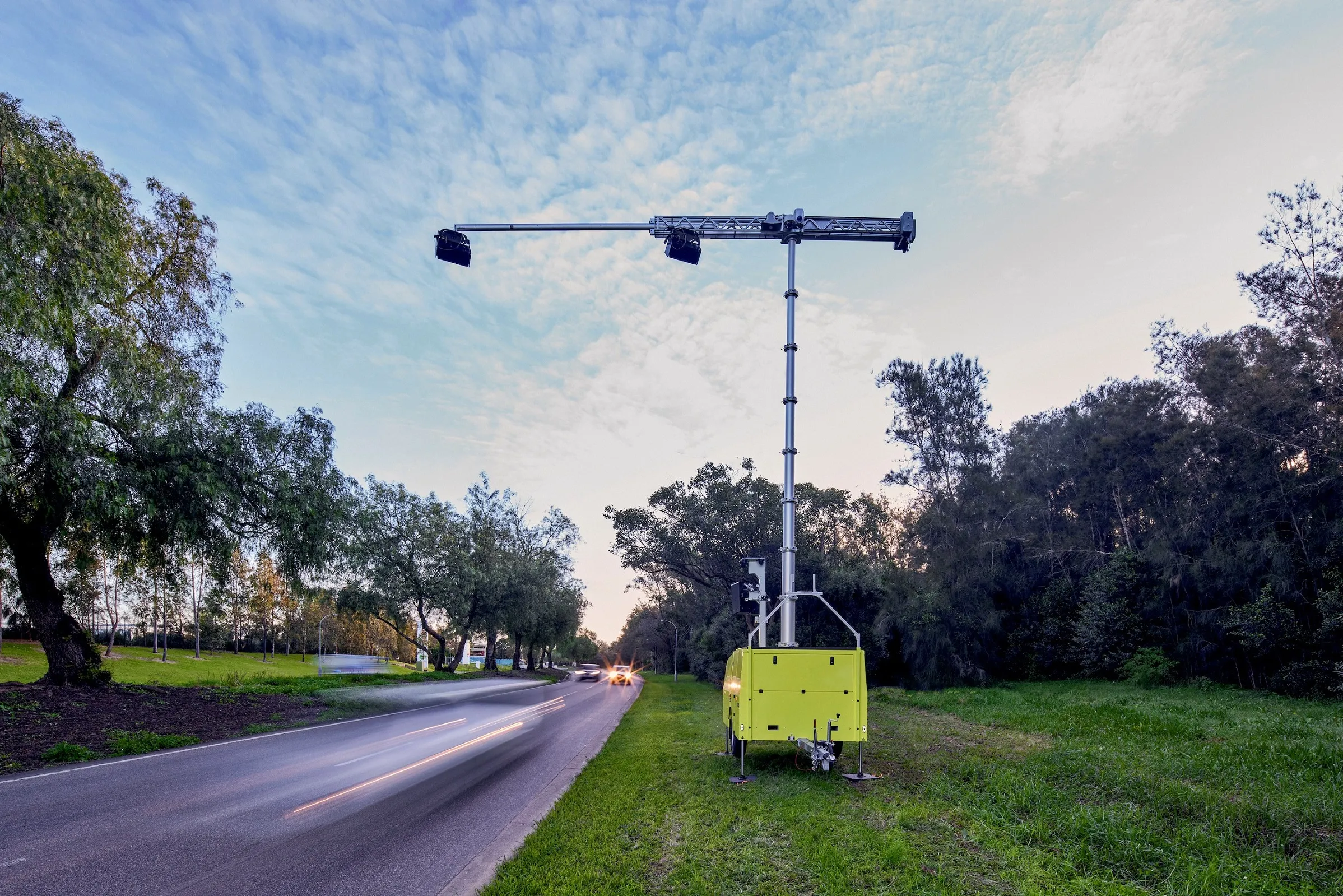Recent survey findings from Ingenie, a UK car insurance brand for young drivers, have revealed that 58 per cent of 17-25 year old drivers agree that smartphone apps are causing young people to be more distracted at the wheel. The company commissioned the survey of 1,000 young drivers, conducted by One Poll, which has uncovered the extent of how smartphones and social media are distracting 17-25 year olds when behind the wheel.
April 30, 2012
Read time: 2 mins
Recent survey findings from 5351 Ingenie, a UK car insurance brand for young drivers, have revealed that 58 per cent of 17-25 year old drivers agree that smartphone apps are causing young people to be more distracted at the wheel. The company commissioned the survey of 1,000 young drivers, conducted by One Poll, which has uncovered the extent of how smartphones and social media are distracting 17-25 year olds when behind the wheel.
The survey revealed:
The results collected from the survey suggest that the increasing range of apps and functionality available on mobile devices is contributing to young driver distraction - even mobile games, which take a high level of concentration are taking young people's attention away from the roads.
On the growing range of dangerous distractions created by smartphones, Ingenie founder and CEO Richard King said, "We're in the middle of a perfect storm, where the rapid growth of social media and mobile is creating a new breed of in-car distraction.”
The survey revealed:
- Over 40% admitted to answering their phones while driving without a hands-free set
- 44% said they had sent a text message, and 62% said they had read a message while they were driving
- 1 in 6 male drivers under 25 has crashed due to mobile phone usage at the wheel
- One third of under 25s who use Facebook on their phone admitted to using it whilst driving
- 18% of under 25s who have ‘Draw Something’ on their phone have played the game whilst driving - 17% for Angry Birds
- Hands-free kits encourage 53% more young drivers to make longer calls at the wheel (longer than five minutes)
The results collected from the survey suggest that the increasing range of apps and functionality available on mobile devices is contributing to young driver distraction - even mobile games, which take a high level of concentration are taking young people's attention away from the roads.
On the growing range of dangerous distractions created by smartphones, Ingenie founder and CEO Richard King said, "We're in the middle of a perfect storm, where the rapid growth of social media and mobile is creating a new breed of in-car distraction.”









